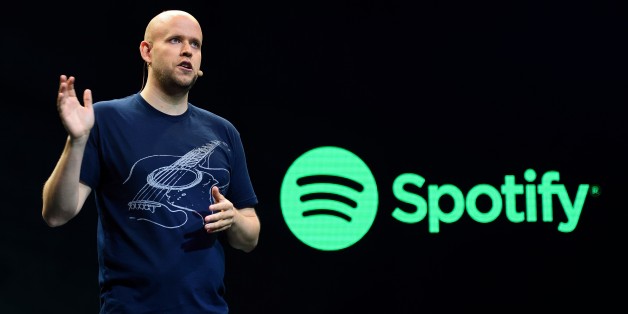Member Since: 6/20/2011
Posts: 6,575

|
Spotify Pirates 10-25% of its Music
FULL ARTICLE: Spotify Discovers the Marginal Value of Infringement in the Wrong Tail

Quote:
Spotify's music offering may have appeared to be the long tail, but now it looks like the wrong tail. After two class-action lawsuits for unlicensed songs and copyright infringement were filed against the company by songwriters in as many weeks, Spotify is doing back flips to blame the victim for its admitted failures to lawfully obtain mechanical licenses. But at the end of the day, the decision is governance not guidance, and Spotify's governance is solely in the hands of its corporate directors and officers. Those directors and officers must answer to shareholders for weighing the marginal value of millions of unlicensed songs over the infringement liability (not to mention an even worse press).
Free Lunch or Free Will?
According to press reports, 10 percent to 25 percent of the songs on Spotify "are not properly licensed and/or not distributing royalty payments." Spotify also claims to have licensed approximately 30 million recordings (of 30 million songs, give or take for covers).
Based on these assumptions, that means there could be three million to 12 million songs that "are not properly licensed and/or not distributing royalty payments." This is not a few songs that fell through the cracks like new releases, a 1/16th of a song for a sample, the odd songwriter who cannot be found or who is non-responsive.
Millions of unlicensed songs doesn't look like an understandable accident, it looks more like an unacceptable policy. And that would be a policy that is exactly what the compulsory mechanical license was designed to prevent.
At the end of the day, the policy, i.e., the choice, to go forward without licenses, rests solely with Spotify. The well-financed company could have complied with the compulsory license -- enacted by the U.S. Congress for this exact situation -- but the songwriter class actions will likely seek to prove that Spotify chose not to do so. Whoever Spotify hired to undertake the mechanical process of mechanical licensing, millions of unlicensed songs strongly suggests that someone at Spotify decided to go forward without complying with the law. It appears that the thinking was that the upside value of having "all the world's music" was greater than the downside risk of getting caught. The marginal value of another few million songs was greater than actually complying with the law and paying songwriters.
This decision is what is called "business risk." Incredible as it may seem, this decision -- this willful decision -- to accept the business risk of using millions of unlicensed songs was apparently driven by a belief that in order to have an effective consumer offering, Spotify had to have tens of millions of tracks available to consumers.
|
SURPRISE, SUPRISE.
I knew the founder of u******* could never be trusted and would show his true colours as nothing but a leech off the creative industries.
Generating himself a fortune from building internet piracy and then creating Spotify as some sort of saviour to the problem he helped create. Hypocrite

|
|
|
|